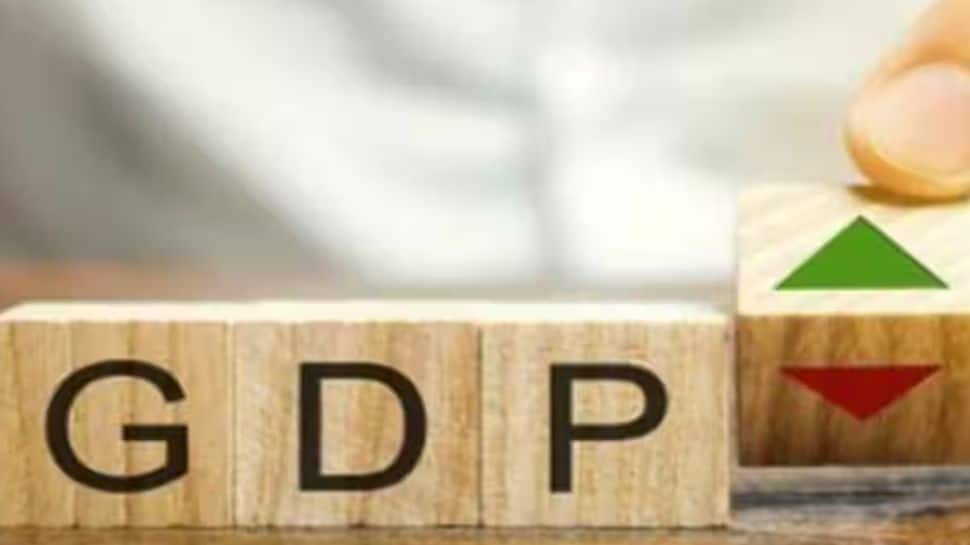New Delhi: A majority of chief economists worldwide expect weaker global economic conditions in 2025 but India is likely to maintain a strong growth despite signs of some momentum being lost, a new report said on Thursday. In its latest Chief Economists Outlook, the World Economic Forum said the global economy is set to face significant challenges in 2025, with 56 per cent of chief economists surveyed expecting conditions to weaken.
Only 17 per cent foresee an improvement, pointing to heightened uncertainty in key regions and the need for measured policy responses worldwide, it found. The US economy is expected to deliver robust growth in 2025, and South Asia, particularly India, is also expected to maintain strong growth.
The outlook for Europe remains gloomy, with 74 per cent of respondents predicting weak or very weak growth this year. The outlook for China also remains weak, and growth is projected to slow gradually in the years ahead, the WEF said in the report prepared on the basis of consultations and surveys with leading chief economists from both the public and private sectors across the globe.
The report further said South Asia continues to stand out, with 61 per cent of chief economists expecting strong or very strong growth in 2025. “This regional performance has been driven largely by robust growth in India, which remains the world’s fastest-growing major economy. However, there are now signs of some momentum being lost,” it said.
The latest national accounts data for India point to year-on-year GDP (gross domestic product) growth of 5.4 per cent in the third quarter of 2024, the slowest rate in nearly two years, prompting a downward revision to the central bank’s annual growth forecast in December.
China’s economic momentum is projected to slow amid subdued consumer demand and weaker productivity, further illustrating the uneven and uncertain nature of any global recovery.
On trade outlook, nearly half or 48 per cent of chief economists anticipated an increase in global trade volumes in 2025, underscoring the resilience of global commerce.



